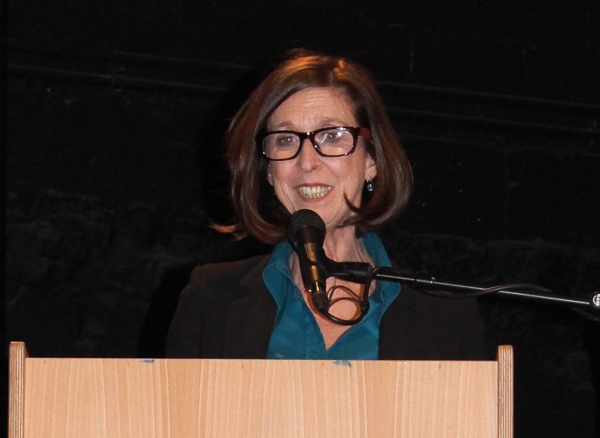
At the inauguration this Wednesday for new equipment to assist research into Parkinson's disease at the Luxembourg Hospital Centre (CHL), Health Minister Lydia Mutsch, evoked the importance of research into treatment strategies such as physiotherapy, occupational therapy and other therapies as part of a framework of relief from symptoms in the absence as yet of a cure for the neurodegenerative disease.
Secured with US$84,000 (€79,000) of funding from the Rotary Club of Luxembourg and the Rotary Foundation, the new equipment will support the work of CHL neurologist, Nico Diederich in collaboration with Rudi Balling from the LCSB-Luxembourg Centre for Systems Biomedicine.
“Research is an indispensable element in advancing knowledge and understanding of mechanisms and effects of the disease, in order to conceptualise new approaches that will prevent or slow progress, or minimise the symptoms and effects on the disease.
“The advances in research on Parkinson's disease by the CHL-LCSB team over the past few years are already impressive and I welcome this Luxembourg success story born of the interdisciplinary association of knowledge and know-how in the medical, scientific, technical and biological fields,” said the minister.
Minister Mutsch highlighted Luxembourg’s strategic investment in research and innovation, and the importance of doctor-researchers in shifting priorities away from the need for profits. She expressed her gratitude to the Rotary Club of Luxembourg and Rotary International for their generous support for the research led by professors Diederich and Balling and their collaborators.
Noting that the occasion happened to fall on International Women’s Day, Minister Mutsch took the opportunity to raise the issue of gender in research and innovation, including how gender influences risk factors, expression, evolution and response to treatments, aspects that could be crucial to improving health outcomes of the population as a whole.








